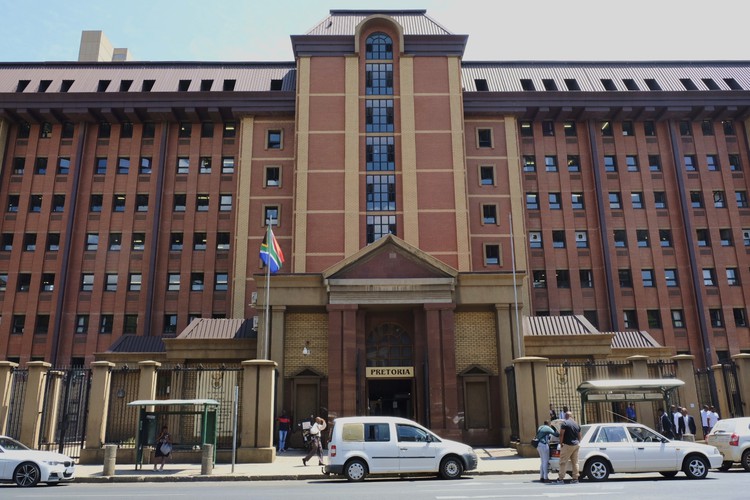Report on prison torture allegations ordered to be released
Refusal by government to provide it was “unlawful and invalid” says judge
The Department of Correctional Services (DCS) and the Minister of Justice and Correctional Services must release a report on alleged torture of inmates by prison personnel at Mangaung Correctional Centre in Bloemfontein.
The Centre for Applied Legal Studies (CALS) has successfully applied to be given access to an investigative report conducted by DCS in 2014. Judge Pierre Rabie gave an order in the Pretoria High Court on Friday that compels the report to be released within fifteen days.
The Centre had first requested the results of the investigation under a Promotion of Access to Information (PAIA) application, which was refused by DCS and then dismissed by the ministry upon appeal. Judge Rabie declared this refusal “unlawful and invalid”.
The incidents allegedly occurred in 2013, while the prison was under the control of Bloemfontein Corrections Centre (BCC), with daily operations being subcontracted to British security company G4S.
The Wits Justice Project made complaints of alleged torture public. According to a CALS statement on Friday: “Following these reports and a number of other serious incidents at Mangaung, DCS took control of the prison and began an investigation. Within ten months, the Department had concluded its investigation and handed control back to G4S.”
The judgment states that the allegations in regard to the report could be a violation of the contract between DCS and the private companies as well as contravening the Constitution and international law “on conditions of detention and cruel, inhuman and degrading treatment and torture”.
During the lengthy court case, G4S moved to supply only a redacted version of the report, particularly one obscuring “identifying markers” of prison employees and inmates, as well as details about the prison structure. The company commented saying that it joined the case “as it is compelled by law to protect the identity and details of prisoners that are under the care of BCC”.
G4S also says that the report makes no findings of torture and that the company does not “condone nor tolerate any form of mistreatment of prisoners”.
The order makes no mention of redactions, implying that the full report must be supplied. It also includes a response from BCC to the report.
While South Africa has been a signatory to international torture conventions for decades, it has only been recognised as a specific criminal offence, separate from assault, since anti-torture legislation was passed in 2013. No significant cases have led to convictions.
Attorney for CALS, Sithuthukile Mkhize, said after the order was handed down that they will have to analyse the report fully first, but that further legal action including torture allegations are possible.
“My view is that privately run prisons in South Africa clearly don’t work,” Mkhize said, explaining that she hopes that seeing the report will lead to greater accountability by government and the other parties involved.
DCS, the Minister and G4S were ordered to pay costs.
Comment from Correctional Services will be added to this article when it is received.
CORRECTION: A previous version of this article stated G4S was ordered to provide the report. In fact it is DCS and the Minister that the order applies to. Our apologies.
Support independent journalism
Donate using Payfast

Don't miss out on the latest news
We respect your privacy, and promise we won't spam you.
© 2020 GroundUp.
This article is licensed under a Creative Commons Attribution-NoDerivatives 4.0 International License.
You may republish this article, so long as you credit the authors and GroundUp, and do not change the text. Please include a link back to the original article.

